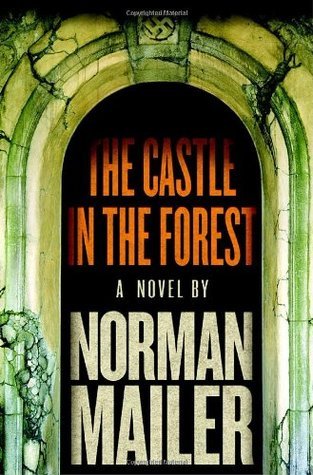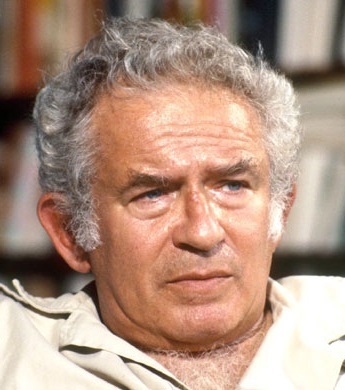
No career in modern American letters is at once so brilliant, varied, and controversial as that of Norman Mailer. In a span of more than six decades, Mailer has searched into subjects ranging from World War II to Ancient Egypt, from the march on the Pentagon to Marilyn Monroe, from Henry Miller and Mohammad Ali to Jesus Christ. Now, in The Castle in the Forest, his first major work of fiction in more than a decade, Mailer offers what may be his consummate literary endeavor: He has set out to explore the evil of Adolf Hitler. The narrator, a mysterious SS man who is later revealed to be an exceptional presence, gives us young Adolf from birth, as well as Hitler’s father and mother, his sisters and brothers, and the intimate details of his childhood and adolescence. A tapestry of unforgettable characters, The Castle in the Forest delivers its playful twists and surprises with astonishing insight into the nature of the struggle between good and evil that exists in us all. At its core is a hypothesis that propels this novel and makes it a work of stunning originality. Now, on the eve of his eighty-fourth birthday, Norman Mailer may well be saying more than he ever has before. From the Hardcover edition.
Author

Norman Kingsley Mailer was an American novelist, journalist, essayist, poet, playwright, screenwriter, and film director. Along with Truman Capote, Joan Didion, and Tom Wolfe, Mailer is considered an innovator of creative nonfiction, a genre sometimes called New Journalism, but which covers the essay to the nonfiction novel. He was awarded the Pulitzer Prize twice and the National Book Award once. In 1955, Mailer, together with Ed Fancher and Dan Wolf, first published The Village Voice, which began as an arts- and politics-oriented weekly newspaper initially distributed in Greenwich Village. In 2005, he won the Medal for Distinguished Contribution to American Letters from The National Book Foundation.